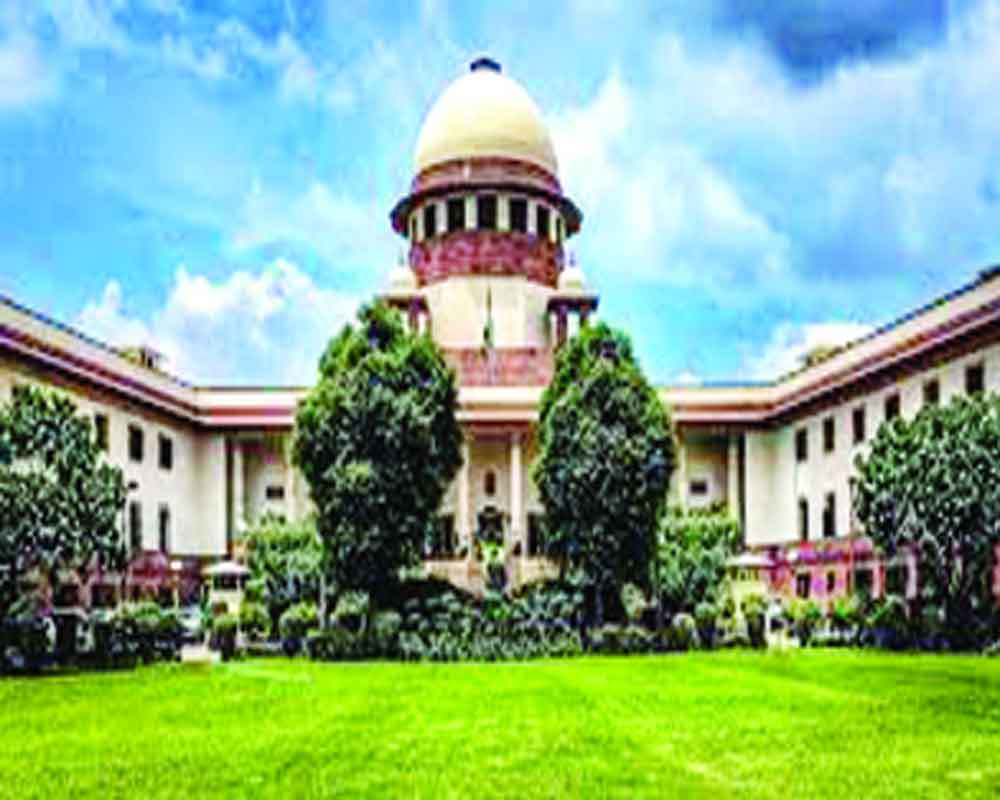The Supreme Court ruling exposing lawmakers to prosecution for bribery is a welcome step
In a landmark judgment that is sure to go a long way in cleaning up the system but making the political class somewhat uncomfortable, the Supreme Court has reversed an earlier decision to rule that the lawmakers are not immune from prosecution for bribery. The verdict, which will indeed help fortify the pillars of Indian democracy, underlines accountability and integrity among elected representatives. The apex court has sent out a resounding message that the rule of law is paramount, even in the highest echelons of governance. The sacrosanct duty of MPs and MLAs, entrusted with shaping policies and laws reflecting the collective will of the electorate, can be undermined if and when corruption seeps in, eroding public trust and subverting the very soul of democracy. Bribery, in particular, poses a grave threat to the purity of political processes, distorting decision-making and skewing priorities. The notion of parliamentary immunity has shielded lawmakers from legal repercussions within the legislative domain, ensuring uninhibited debate and deliberation. While this immunity serves a crucial purpose in fostering open discourse, it should not be misconstrued as a license for malfeasance or abuse of power. This is about to change with the Supreme Court’s recent verdict, which draws a clear line that lawmakers cannot invoke immunity as a shield against allegations of bribery, a practice antithetical to the principles of democracy and justice.
This decision underscores the notion that even the lawmakers are not above the law but are subject to its scrutiny, reinforcing the accountability mechanisms essential for the functioning of a robust democracy. Moreover, the ruling serves as a deterrent against perversion of political processes through illicit means, safeguarding the integrity of electoral mandates and preserving the sanctity of democratic institutions. In a landscape marred by cynical disillusionment with politics, such decisive action by the judiciary will instil confidence among citizens, reaffirming their faith in the impartiality of the system. However, such judgments find true efficacy when the Government implements these in letter and spirit. More often than not, the political class finds means to subvert the best of laws when it comes to serving their own interests. Moreover, the laws are often selectively applied to harass the rivals rather than to bring a person to book for his misdeeds. The process becomes the punishment. Since investigating agencies are under Government control, the latter often determines which cases to pursue for legal action. That said, the ruling is certainly a step forward as the primary condition for change is a legal framework. This judgment represents a significant milestone; it is imperative to recognise that the battle against corruption is ongoing and multifaceted. Efforts to foster clean politics must extend beyond legal pronouncements to encompass broader reforms in electoral financing, institutional oversight and civic education.


























